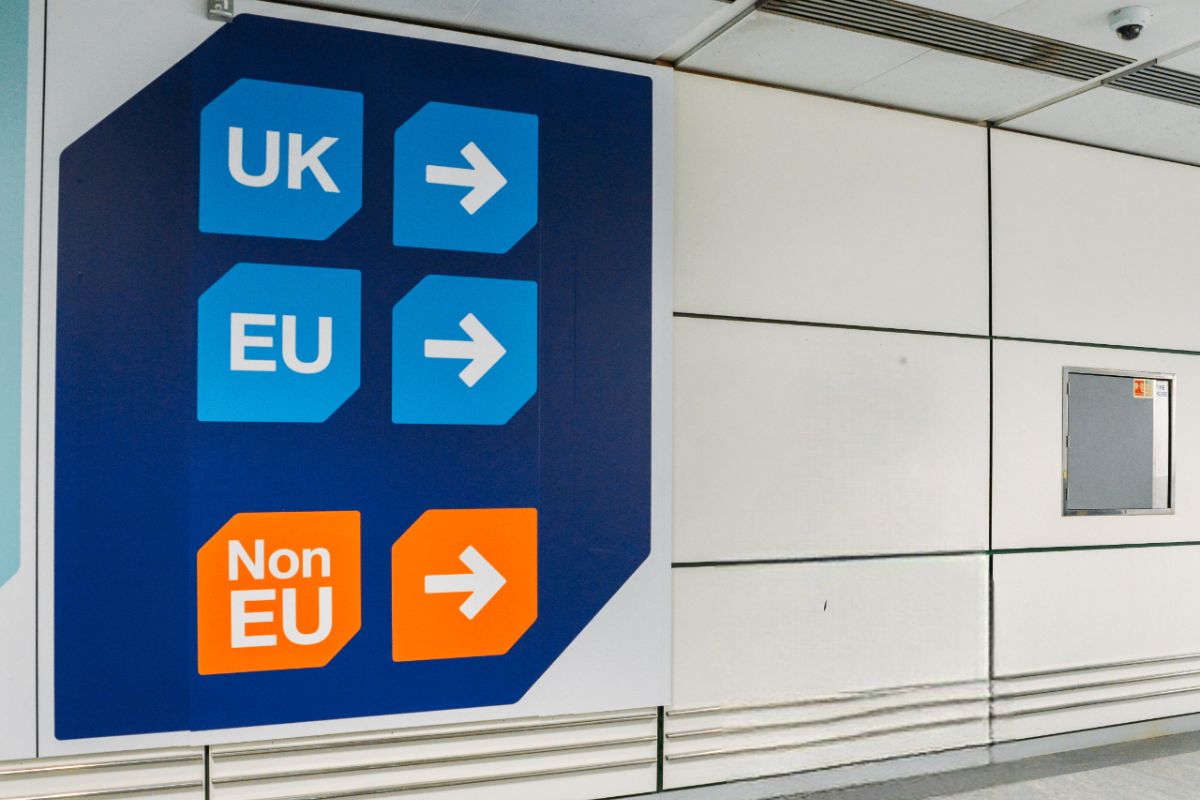EU Introduces New Visa Suspension Mechanisms Impacting Several Nations

The European Union's Council and Parliament reached a provisional agreement on June 17, 2025, to significantly tighten the rules for visa-free travel into the Schengen Area. This landmark reform aims to protect the integrity of the Schengen zone by introducing more stringent conditions and extended suspension periods for non-EU countries benefiting from visa-free arrangements. The changes are designed to provide the EU with more precise and effective tools to manage various challenges, including irregular migration, security threats, and geopolitical tensions.
A core aspect of the new policy is the introduction of several new triggers that could lead to the temporary or even permanent suspension of visa-free travel. These include a lack of synchronization between a country's visa policy and the Schengen Area's, particularly when it leads to increased irregular migration; the operation of investor citizenship schemes, often referred to as 'golden passports,' which may allow individuals to gain Schengen access without robust screening; the emergence of hybrid threats, ranging from document insecurity to disinformation campaigns and political coercion; and the deterioration of human rights, fundamental freedoms, or violations of the UN Charter. This expanded set of criteria reflects the EU's growing concerns over various forms of abuse and external pressures on its borders.
To ensure clearer and more equitable application, the new rules also establish clearer thresholds for when action is needed, such as a 30% rise in asylum applications or overstays. The duration of temporary suspensions has been extended significantly, now lasting 12 months, with the possibility of extension up to 24 months. This provides more time for the EU to engage in bilateral dialogues and negotiations with partner countries to address the underlying issues. Crucially, the reform introduces the option for targeted sanctions, allowing the EU to impose restrictions on specific government officials and diplomats involved in flagged violations, rather than enacting broad bans that affect entire populations. This offers a more precise and less draconian alternative, aiming to avoid undue disruption to regular travelers and tourism.
Several countries may face increased scrutiny under these new regulations. Nations with investor citizenship schemes, such as Vanuatu, which previously lost its visa-free status in 2022, are now under renewed examination. Countries linked to serious human rights challenges or those experiencing significant geopolitical tensions, like Israel and Serbia, may also be among the first to feel the impact, as they face early scrutiny for rights-related concerns. The EU's objective is to ensure that countries benefiting from visa-free travel adhere to shared security and migration standards, preventing the misuse of the visa exemption program.
For travelers, these changes could lead to more complex entry requirements, especially for nationals from countries affected by a suspension. Tourists from these countries may find it harder to travel to the Schengen Area without securing a visa in advance, potentially resulting in longer wait times for visa applications and more complex documentation. The tourism industry may also experience a decline in visitors from affected countries, impacting businesses reliant on foreign tourism. Airlines, too, face increased liability, as they must verify traveler visa status to avoid penalties for transporting inadmissible passengers. The new regulations could lead to a shift in travel patterns and increased demand for visa processing services.
Travel professionals, tourism boards, and globetrotting enthusiasts are advised to monitor EU announcements closely as the provisional deal advances toward formal adoption, with likely enforcement by fall 2025. It is essential to advise clients from at-risk countries to secure Schengen visas well ahead of planned travel and to stay informed about the upcoming EES (Entry/Exit System), launching in October 2025 for border-recording, and ETIAS (European Travel Information and Authorization System), an online travel authorization costing approximately €7, set to roll out in late 2026. Strategic travel planning tips include applying for visas 3-4 weeks in advance, staying updated on EES and ETIAS changes, diversifying destinations outside Schengen zones, and educating travelers about new visa rules and compliance requirements during short stays.
In summary, the EU’s revised Schengen visa-free suspension mechanism represents a strategic pivot aimed at bolstering security and fairness. While it strengthens safeguards and offers smarter, more targeted tools, travelers and tourism professionals must remain informed and proactive, especially from countries with golden passport schemes or human rights issues. With key digital border systems like EES and ETIAS coming online, proactive planning will be crucial to mitigate potential disruptions and ensure smooth international travel.











